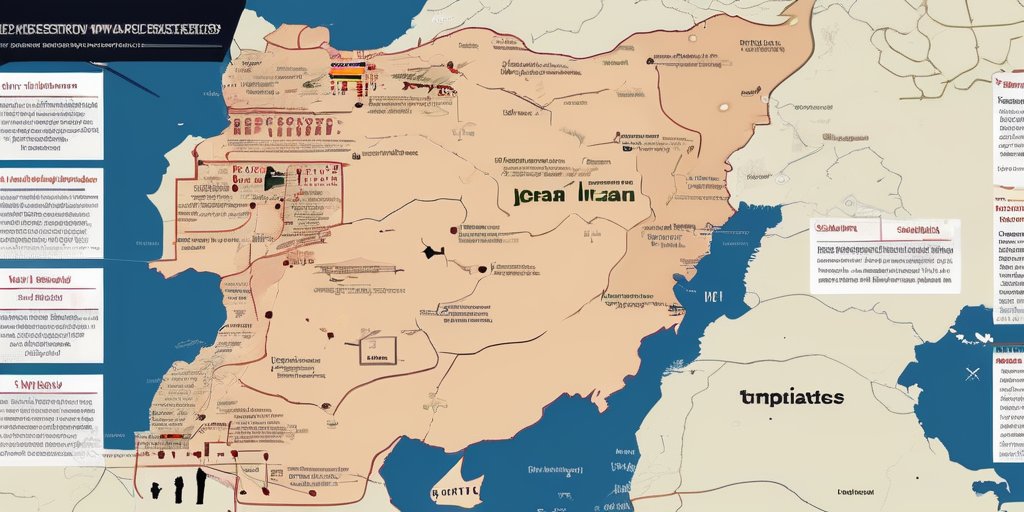President Donald Trump’s recent military order to bomb Iran’s nuclear facilities has ignited a debate over the Constitution and the limits of presidential authority in matters of war. Under Article II of the Constitution, officials claim Trump has the power to direct U.S. military forces when necessary for national interests abroad. This stance represents a significant moment regarding the extent of executive power yet raises questions among lawmakers and legal experts about its constitutionality and necessity.
Trump’s administration, referencing legal analyses from the Justice Department and prior presidential actions, believes their actions fall within the president’s established powers. However, this perspective is contested by many legal authorities and members of both the Democratic and Republican parties. They assert that only Congress can declare war, arguing that Trump’s airstrikes lack a legitimate imminent threat to the United States.
Legal experts cite the War Powers Resolution of 1973, which mandates consultation with Congress before engaging in military action to prevent repeat scenarios like Vietnam. Ilya Somin, a law professor, emphasized that the current action against Iran requires congressional approval since it could be considered a declaration of war, contrasting sharply with the limited military engagements defined by executive powers.
The ongoing debate also touches on historical precedents wherein past presidents have initiated military actions without congressional backing. Figures like former national security adviser John Bolton support Trump’s unilateral actions by arguing that Iran’s historical sponsorship of terrorism justifies protective measures taken by the commander-in-chief.
Despite the support of some congressional leaders, many voices, including those of Rep. Thomas Massie and Sen. Tim Kaine, are rallying for a war powers resolution to reassert Congress’s authority over military operations, with specific calls for bipartisan action. They express that the lack of a significant consultation process is troubling, especially as prior military engagements have undergone extensive debate before approval.
The constitutional confrontation does not only debate current affairs but also illuminates the historical tensions around presidential military power versus legislative responsibilities. As Congress contemplates its next steps, the ongoing discussions may fundamentally shape how future military interventions are conducted under presidential mandate.
The situation underscores the necessity for a thorough examination and accountability of such decisions, urging a clearer consensus about the United States’s role in international conflicts.
In an era where the executive branch often extends its reach, the balance of power remains a fraught battleground, with Congress expected to step up its role in matters of war and peace.
As the U.S. continues to engage globally, careful consideration of legal parameters and national sentiment is crucial. Public hearings and a stringent review of military justification can offer clarity and lead to an informed national discourse on military actions. This serves not just the needs of governance, but the principles on which the nation stands.
